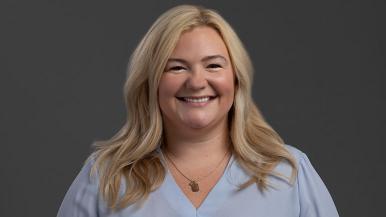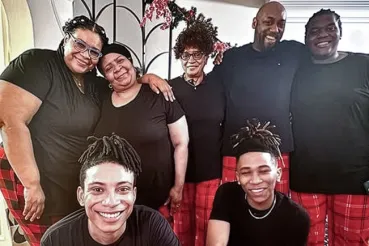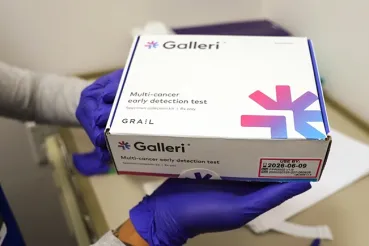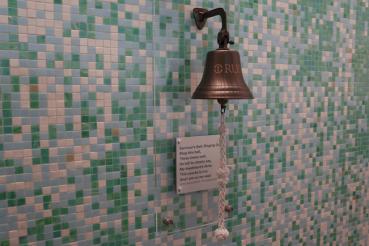In many ways I became a nurse when my grandfather was diagnosed with stage IV non-small cell lung cancer in 2004. I discovered my passion for caring for the sick, and my interest in science and medicine helped to solidify my path to becoming an RN.
I worked the first several years as a nurse with cardiac and post-op patients. I like to say I lucked into oncology nursing when a persistent friend convinced me to transfer out of my comfort zone to become a lung cancer nurse navigator.
It was in learning my role to care for and support patients with lung cancer that I discovered the real need for early detection. I had been a nurse for over 10 years, had cared for high-risk patients for my entire career, and had never even heard of lung cancer screening. I wasn’t alone: Colleagues that had both more experience, and who had graduated since this exam became a standard of care, hadn’t heard of it either.
'Ugly stepchild'
Lung cancer is treated as the "ugly stepchild" of cancers. It’s one of the few malignancies that carries a strong stigma with diagnosis, especially if the patient is a smoker. There is blame, shame and guilt that go hand in hand with a diagnosis of lung cancer.
"The best way we can start to save lives is to catch it early."
If we as health care professionals see our patients who smoke or smoked as people who do not care about their health or disease prevention, we are partly to blame for the stigma. The thing is, in my experience as well as in studies, this is simply not true.
People smoke for a vast combination of personal reasons, none of which make them a bad person or a person who does not deserve compassion and empathy from their health care team and the rest of the world.
No. 1 killer
Lung cancer is the No. 1 cancer killer of men and women. The best way we can start to save lives is to catch it early, when we have the best chances for cure. Lung cancer screening is a wonderful tool to help us do just that.
The problem is, we have a lot of work to do as health care professionals to end the stigma and create a safe nonjudgmental environment for our patients to be honest about their “bad” habits so we can help them live long healthy lives.
I became a nurse after watching my grandfather die of stage IV lung cancer, I now focus my career on making sure this happens to as few people as possible. No one deserves to die from lung cancer.




